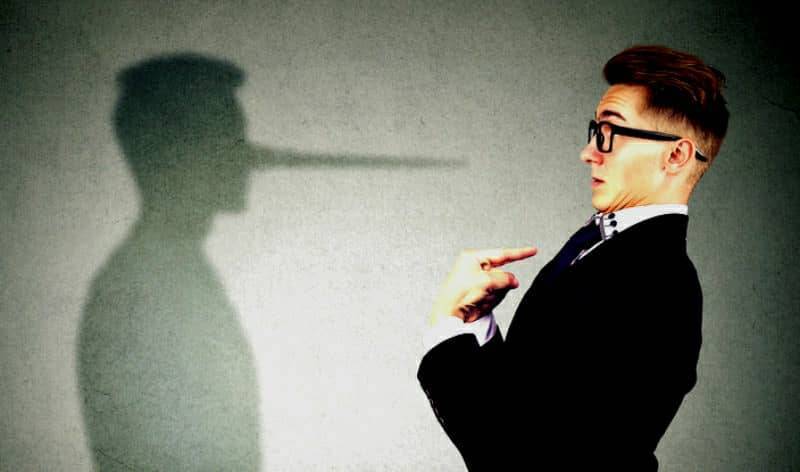In reality, many people believe that humans are not entirely honest most of the time, and even behavioral experts often underestimate the fundamental honesty of people.
However, a recent study indicated that approximately 72% of individuals would report finding a lost wallet containing a significant amount of money, and the likelihood of reporting increased with the amount of money in the lost wallet. When study participants were asked about this, they stated that the greater the amount of money in the wallet, the more they felt that keeping it without returning it constituted theft. Dr. Alan Cohen, the lead author of the study, said, "Honesty is important for economic development and how society functions in almost all relationships, but it often conflicts with individual self-interest." People are more honest than we expect.
It is noteworthy that this study was conducted by psychological researchers in 355 cities across 40 countries around the world. It primarily relied on a "lost wallet" model, which included 17,303 lost wallet cases, some with no cash, while others contained $13.45, and others $94.15. The wallets also included three business cards with the owner's name and email address, which were adequate information for returning them to the owner. The researchers dropped the wallets in various public places where they could easily be found, such as banks, theaters, police stations, and public libraries.
According to the researchers, the results surprisingly showed that the more money the wallet contained, the more likely people who found them were to return them. Only 40% of wallets without money were reported, while 51% of wallets with a small amount of cash were reported, and 72% of wallets containing the largest amounts were reported.
The most honest countries were Switzerland, Norway, the Netherlands, Denmark, and Sweden, while the least honest countries were China, followed by Morocco, Peru, and Kazakhstan, with the United States and the United Kingdom positioned in the middle of the rankings. Co-author of the study, Dr. Michel Andre Mariscal, stated, "The psychological forces that make you feel bad about potentially being a thief can be stronger than financial and economic desires. These results are remarkable as they provide a real test of people’s integrity and honesty."
Dr. Cohen added, "There are relatively high risks in some countries compared to others, particularly those suffering from low income levels, where the likelihood of returning a wallet containing money can be extremely low."




